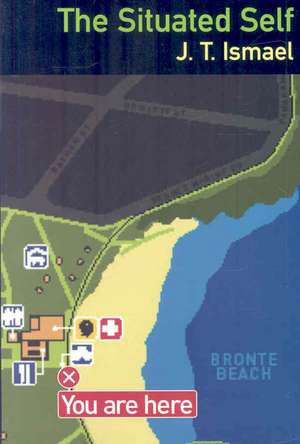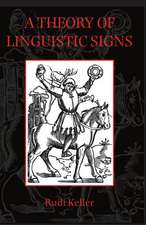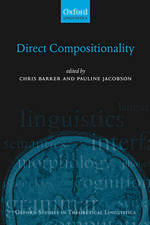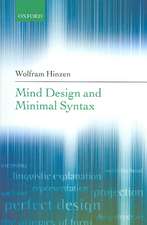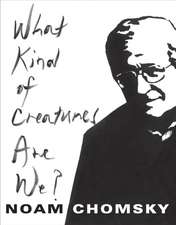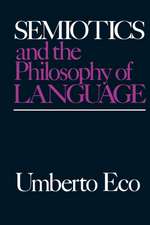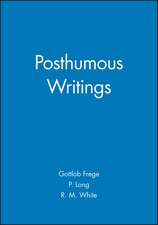The Situated Self
Autor J. T. Ismaelen Limba Engleză Paperback – 29 ian 2009
| Toate formatele și edițiile | Preț | Express |
|---|---|---|
| Paperback (1) | 291.63 lei 31-37 zile | |
| Oxford University Press – 29 ian 2009 | 291.63 lei 31-37 zile | |
| Hardback (1) | 575.30 lei 31-37 zile | |
| Oxford University Press – 18 ian 2007 | 575.30 lei 31-37 zile |
Preț: 291.63 lei
Nou
Puncte Express: 437
Preț estimativ în valută:
55.82€ • 60.65$ • 46.92£
55.82€ • 60.65$ • 46.92£
Carte tipărită la comandă
Livrare economică 09-15 aprilie
Preluare comenzi: 021 569.72.76
Specificații
ISBN-13: 9780195375039
ISBN-10: 0195375033
Pagini: 272
Dimensiuni: 234 x 156 x 14 mm
Greutate: 0.37 kg
Editura: Oxford University Press
Colecția OUP USA
Locul publicării:New York, United States
ISBN-10: 0195375033
Pagini: 272
Dimensiuni: 234 x 156 x 14 mm
Greutate: 0.37 kg
Editura: Oxford University Press
Colecția OUP USA
Locul publicării:New York, United States
Recenzii
An exciting read because it is a fresh and vivid challenge to dualist and physicalist views about the mind, language, and the self.... Ismael's book is not just another philosophy book - it is feminist scientific theory in the making about mind and language.... Dynamic, thought provoking, and innovative is the only way to describe J. T. Ismael's The Situated Self. It is a definite must read for those wanting to get their heads into a serious scientific theory driven work in the philosophy of mind and the philosophy of language.
Notă biografică
J. T. Ismael is Associate Professor of Philosophy at the University of Arizona, and Senior Researcher at the Centre for Time at the University of Sydney. Dr. Ismael has taught at Stanford University, held fellowships from the Mellon Foundation and the National Humanities Center in North Carolina, and holds a Queen Elizabeth II research grant from the ARC.
